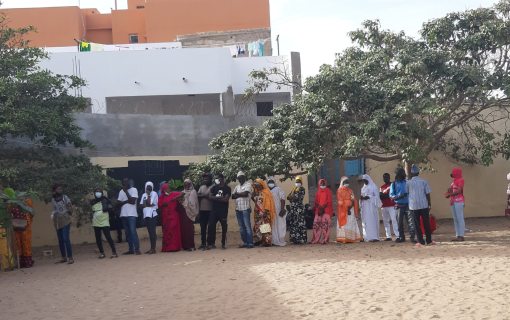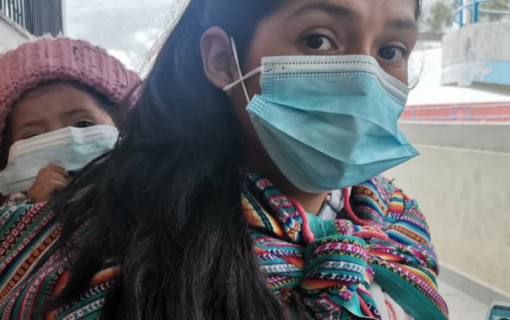Enforcing Political Finance Laws: Training Handbook
Introduction
IFES has produced this handbook as part of its Training in Detection and Enforcement (TIDE) program with funding from the United States Agency for International Development (USAID). The program promotes the enforcement of political finance laws through written and electronic resources, training and follow-on technical assistance for political finance regulators active in developing and enforcing laws and regulations.
This training program responds to a need that has become increasingly acknowledged by political finance enforcement agencies in many transitional countries. Weak enforcement in political finance and election campaign finance, in particular, has been a major problem. Over the last few years, IFES has advocated reforms to enhance enforcement, increase the effectiveness of enforcement agencies, and reduce opportunities for corruption related to political finance.
The IFES handbook on how to improve political finance enforcement is the product of extensive research conducted by a team of leading political finance experts and practitioners. It represents the first comprehensive effort to consolidate the experience and knowledge that are currently available. The handbook is a tool that offers options for the enforcement of political finance laws, which enforcement agencies can apply to the challenges they face.
It is not the aim of this handbook to provide a monitoring method that is applicable in all contexts, nor to answer the question of how to regulate political finance in all countries. Rather, it is a collection of lessons learned and best practices in both established and transitional democracies, organized in the form of practical guidelines and discussions of key concepts. IFES hopes that the handbook will assist enforcement agencies in carrying out effective supervision of political finance in their own countries.
The handbook corresponds to training provided by IFES and is available with supplementary materials on a CD-Rom and on the IFES political finance website (www.moneyandpolitics.net).
The handbook is divided into two major parts:
Part One introduces the terminology of political finance enforcement and the institutions involved, including interactions among these institutions. Chapter I presents definitions, problems and laws. Chapter II discusses the basic issues pertaining to enforcement. Chapter III addresses the causes of non-enforcement, and Chapter IV explores the challenges of implementing different types of political finance regulations and subsidies.
Part Two addresses each step in the enforcement process. Chapter V focuses on establishing and strengthening political finance bodies; Chapter VI looks at violations of laws and regulations, dispute resolution, prosecution and sanctions. Chapter VII discusses various enforcement techniques, with a particular focus on disclosure, audits and maintaining proper internal controls; Chapter VIII covers investigative techniques. Chapter IX focuses on the relationship between enforcement agencies and the courts, while Chapter X warns of the dangers of biased enforcement. Chapter XI examines the role of civil society organizations, the media and academics in the process of enforcement.
This handbook is not the final word on the subject; its role is to promote serious discussion on what can or cannot be done in transitional countries to address a new challenge—“too many regulations, too little enforcement.” Used together with IFES training and assistance, the handbook and CD-Rom are tools to facilitate meaningful change that adds credibility to a country’s electoral process and political finance regulators.
The training offered by IFES is designed to complement each part of this handbook in a way that encourages political finance regulators to assess their own enforcement systems by identifying strengths and weaknesses. The training presents best practices and accepted standards and identifies strategic approaches to enhancing enforcement.
Assistance efforts seek to build on areas in need of strengthening that are identified during training. IFES does this by matching up experts and practitioners specializing in each of those areas with the key personnel from the relevant enforcement body and by providing useful sample materials from other enforcement bodies around the world. In short, IFES is here to help you design and implement the methods, techniques and systems that you choose for your country.
IFES invites all political finance regulators to suggest new lessons and insights and to continue building knowledge together. This is a global challenge, and there is no single blueprint on how enforcement should be undertaken. However, there are some best practices and accepted standards that can be shared. It is our hope that you will be able to use this information as you advance your country’s political finance laws and procedures and implement and enforce them.









